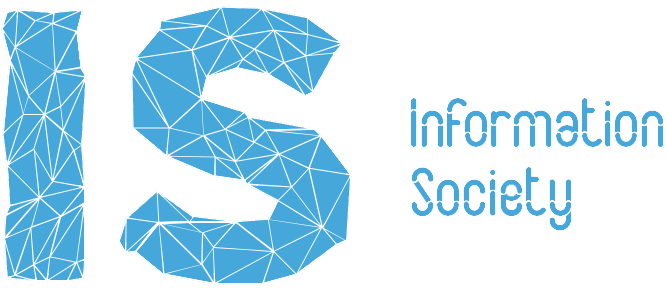İpek Burcu Oruçoğlu†, Tuncer Can, İrfan Şimşek
Abstract
This paper presents three AI-supported good practices developed
in Türkiye as part of the AI-Enable Erasmus+ project illustrating
how artificial intelligence can support inclusive education in
higher education. The practices were created during exploration
workshops at Istanbul University-Cerrahpaşa with the
involvement of academic staff and students. They focus on
diverse areas, including academic writing support, inclusive
language teaching materials, and accessible video content. The
cases demonstrate that low-cost, open-access AI tools can be
effectively used in pedagogical contexts to enhance digital
creativity and address diverse learner needs. Participants
reported increased confidence, engagement, and awareness of
inclusive practices. However, challenges such as internet access,
language limitations of tools, copyright concerns, and the need
for ethical guidance were also noted. Overall, the findings show
that the meaningful use of AI in inclusive education depends not
only on technology itself but also on pedagogical design, ethical
implementation, and institutional support.
